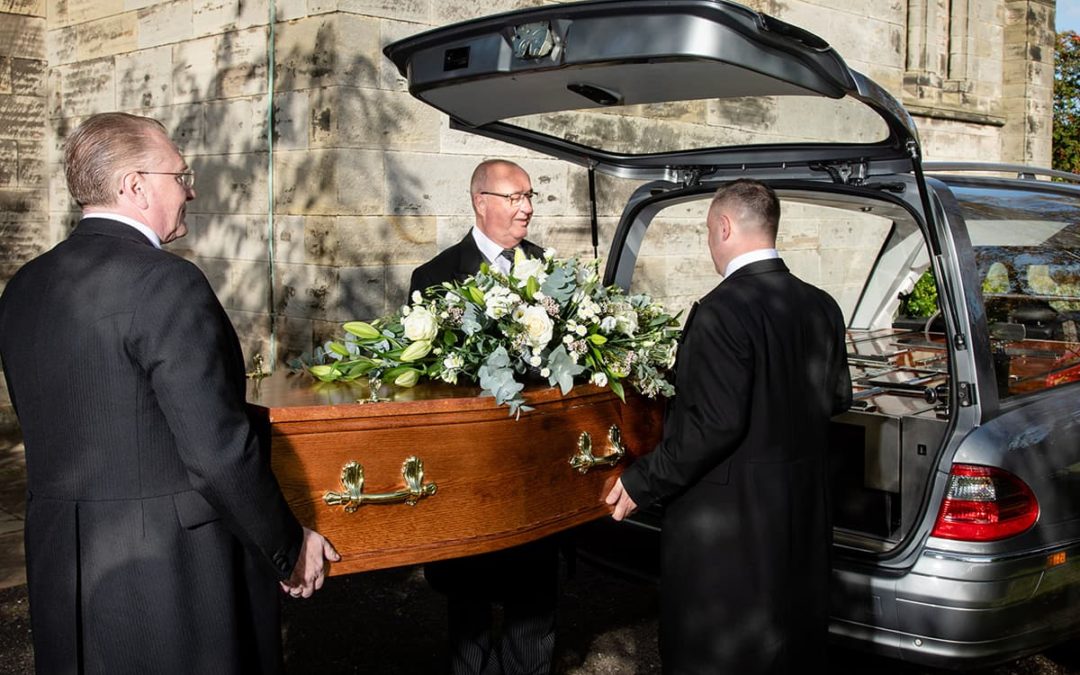Should you arrange a faith v non faith funeral?
MD, James Morris, explores the reasons why people choose to have a faith led funeral as he reflects on three decades of funeral arranging.
I’ve been witness to a striking trend: the move away from religious or faith based funerals. The 21 st Century has seen a rise in semi-religious, secular and humanist funerals. And I believe there are two main reasons behind this pattern.
- As traditional church attendance drops and fewer people in the UK claim to have a personal faith, the choice of funeral reflects this trend as people drift away from faith based funerals.
- Increasingly we want to mark the loss of someone we love and respect by simply sharing our memories of them.
There’s a balance to be struck. Weighing up faith and messages of hope at a time of despair and loss, with personalisation can easily be achieved. But one, without the other, can be storing up problems for those left behind. Let me explain.
Services that fail to focus on the person and personality of the deceased can lead to mourners and loved ones with suppressed grief issues. Often those attending the funeral leave with a general disconnect from the whole event wondering: “Whose funeral was that?” It’s vital the funeral reflects the deceased’s values, their personality and refers to their memories especially if they had a faith or other belief system.
At a time of loss, mourners tend to search out messages of hope for a better place or future which is rarely achieved by solely looking back at past memories. A religious or faith based funeral can achieve this and provides hope and comfort for whom the messages of faith and hope ring true.
There is a delicate balance between arranging what is appropriate to the expectations of the deceased whilst also providing comfort for those left behind.
Today’s funerals reflect more tangible and personal touches than any era before. That may mean family and friends providing the eulogy or adding multi-media or musical components to the service. Then there is personalisation of almost any aspect of the funeral from coffin choice to venue to transportation. This personalisation and a move towards ‘celebrations of life’ and ‘thanksgiving services’ can help to make the funerals more meaningful and relevant and helps us to remember and grieve.
So, whether a funeral is faith based, or non-religious, a ‘good funeral’ is unique and appropriate to the memory of the person who has died and helps all those who attend to remember, feel the relevance and be comforted in their loss.
If you are planning your funeral or thinking ahead for someone you love, download our free Thinking Ahead checklist or pop in to see us – it costs nothing to have a conversation.



